waste fish processing plant for animal feed
-
.jpg)
Fish and fish waste-based fertilizers in organic farming
Sep 1, 2020 · The contents of the macronutrients, N, P, K, and Ca from different fish species, as analysed and reported by (Bogard et al., 2015, Palani and Shanmugam, 2014), are shown in Table 1.
Get Price -
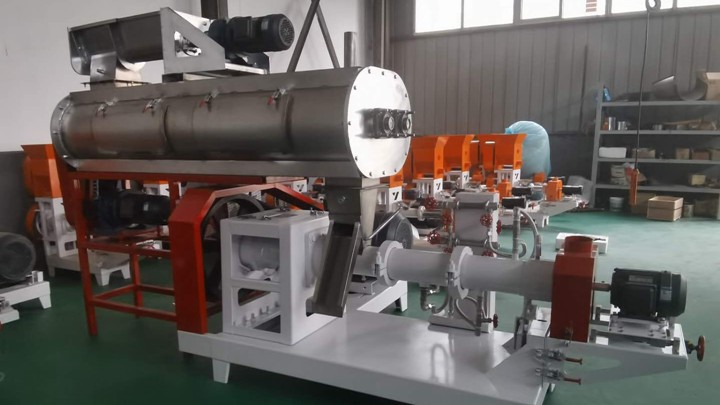
Utilization of Fish Waste and By-Products for Fish Meal
Utilization of fish waste meal, animal by-products, poultry by-products, and balanced plant-based protein sources can be used widely as a substitution for fish meal. This reduces the cost of feed as well as environmentally friendly techniques.
Get Price -
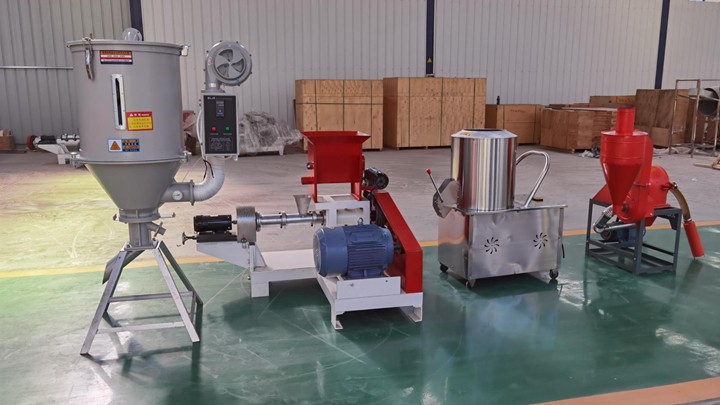
Transforming fish waste into sustainable feeds | The Fish Site
Feb 23, 2024 · How is the fish waste converted into animal feed? The process starts with collecting and preserving fish waste, which is naturally highly perishable. Currently, our major suppliers are fishermen and fish processing companies due to the significant volume of waste they produce, but we also source from Beach Management Units (BMUs), women fish
Get Price -
.jpg)
Fish Waste - an overview | ScienceDirect Topics
Fish waste is an underutilized form of food waste that has potential for a wide array of products, including methane production. One challenge with using fish waste for AD is the high quantity of nitrogen that is present [92]. Fish waste can produce methane yields as high as 0.828 m 3 ·kg −1 VS [92].
Get Price -
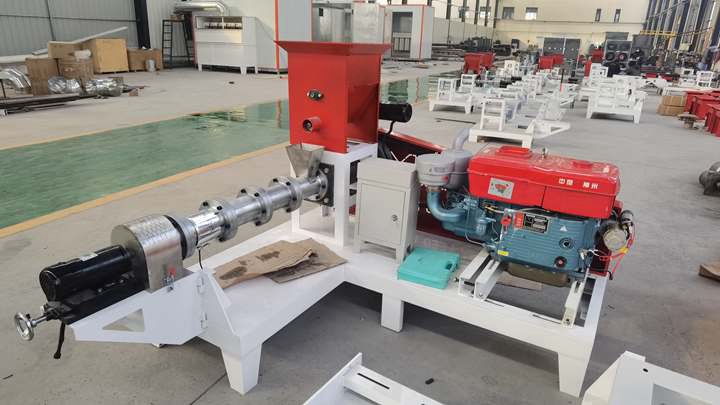
Converting Food Waste to Animal Feed - A Sustainable Win-win
Oct 29, 2023 · Meat and Fish Processing Waste: Trimmings, bones, and offal from meat and fish processing can be converted into high-protein animal feed. These waste products provide essential nutrients for livestock.
Get Price -
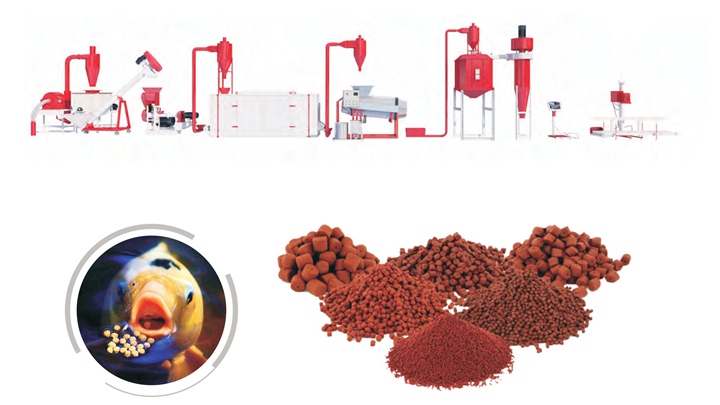
Fruit and Vegetable Wastes as Livestock Feeds | SpringerLink
Nov 17, 2022 · 3.1 Mango Wastes. India is the largest producer of mango (Mangifera indica L.) pulp, contributing 42.7% to world production.Mango is made up of 33–85% pulp, 7–24% peel, and 9–40% seed on a fresh weight basis, and 35–60% of total fruit weight during processing are produced as a by-product (Mitra et al. 2013; Ayala Zavala et al. 2011; Siddiq et al. 2017; Lopez-Cobo et al. 2017).
Get Price -
.jpg)
Fish industry waste: treatments, environmental impacts
Jan 31, 2008 · Fish waste (mainly heads, bones, skin, viscera and sometimes whole fish and parsley) was heated at 65, 80, 105 and 150 °C for 12 h in order to reduce the moisture content to 10–12%, which is the recommended moisture content in animal feed (NRC (National Research Council), 1998). Fish waste proved to be a great source of minerals, protein [58
Get Price -
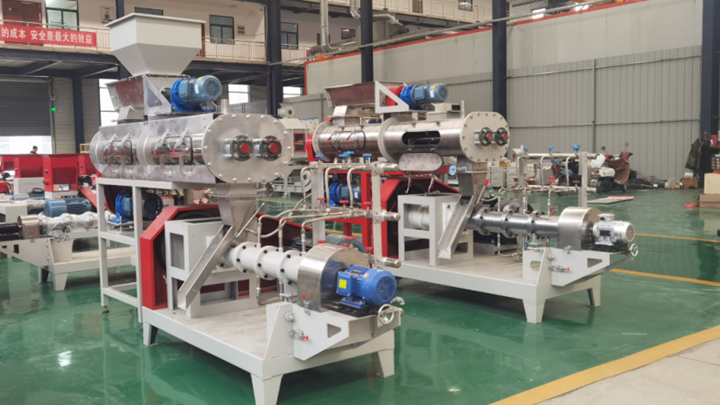
Fish Meal Rendering | Fish Meal Plant | TG MACHINES
Fish rendering is the process that converts fish waste into valuable products for animal feed. Waste products come mainly from fish processing plants. Parts of the body that can be processed: heads, particles of flesh, skin, bones, entrails, and liver.
Get Price -

Bioprocessing to upcycle agro-industrial and food wastes into
Feb 1, 2024 · The cost of animal feed accounts for a large proportion of the total cost of livestock production (e.g. 60–70 % of total cost in pork production) (Fan et al., 2022), and the production, harvesting, and processing of grains and oilseeds for animal feed contribute about half of the total greenhouse gas emissions in livestock production (Gerber
Get Price -
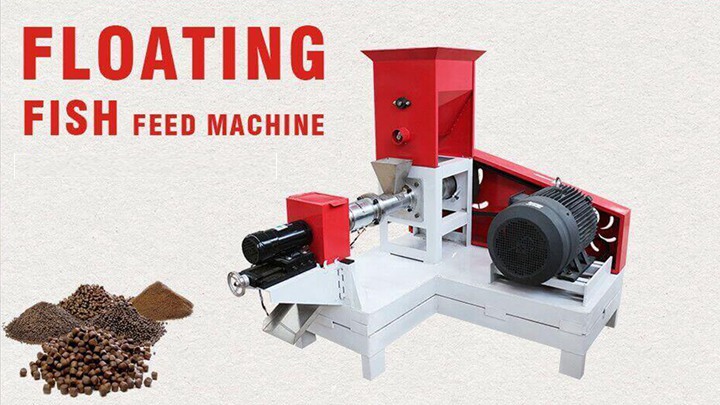
Technologies for the Rational Use of Animal Waste: A Review
Jan 26, 2023 · Animal waste can serve as a raw material source for feed preparation, and can also be used, after appropriate processing, as fuel, fertilizer, biogas, and other useful products. In addition, the practical use of these wastes eliminates their mandatory disposal. Recycling animal waste is a feature of the circular economy, leading to environmental sustainability. In this regard, we conducted a
Get Price -
.jpg)
Fish Waste: From Problem to Valuable Resource - PMC
Feb 19, 2021 · More than 70% of the total fish caught is subjected to further processing before being placed on the market , resulting in the production of large amounts (approximately 20–80%) of fish waste, depending on the level of processing (e.g., gutting, scaling, filleting) and species, because each species has a specific composition, size, shape and
Get Price -
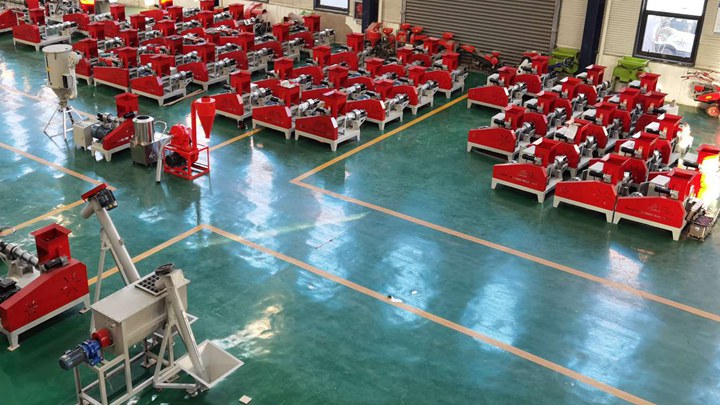
Processing Plants | Food Loss and Waste in Fish Value Chains
A Village Fish Processing Plant: Yes or No? This manual gives advice about planning a fish processing plant and discusses topics and questions to consider. It focuses particularly on Alaska, USA, but is relevant to any fish processing operation. A review of lipid extraction from fish processing by-product for use as a biofuel. Unlike food crops
Get Price -
.jpg)
Fish Waste Management - Food and Agriculture Organization
Fish Silage Processing Method (FSPM) Ensilation : opH ≤ 4.0 oFormic acid oIncubation : ≥ 24 hours o≤ 10mm Heat treatment : o≥ 85˚C o≥ 25 minutes Fish Silage Processing Method (FSPM) • Processed into fish oil, protein water and protein concentrate • Agricultural fertilizers • Biofuels • Feed for fur, zoo, pet, circus animals
Get Price -
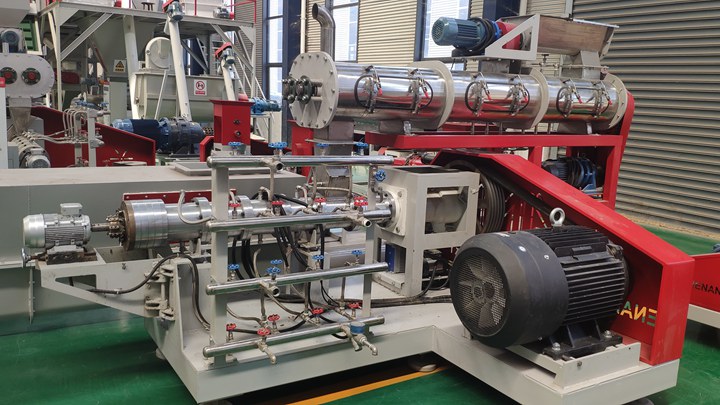
Utilization of byproducts and waste materials from meat
Feb 20, 2011 · There are several alternative uses of fish processing waste, like utilization of fish mince, applications of fish gelatin, fish as a source of nutraceutical ingredients, fishmeal production, the possible use of fish and protein concentrate as a food source. The potential uses of fish waste are depicted in Table 7.
Get Price -
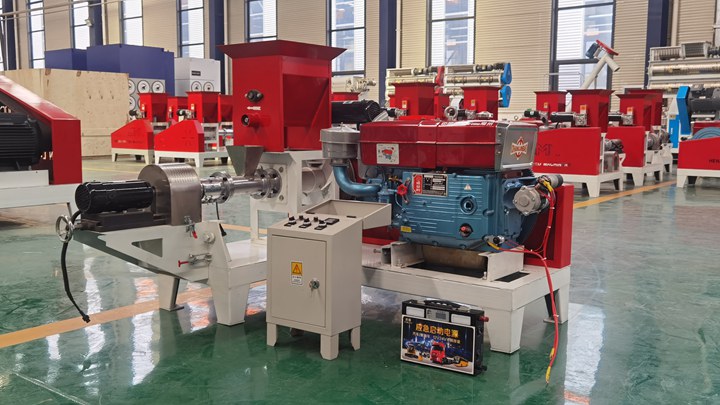
Converting food waste to animal feed - Expert Guide | Shapiro
Jun 13, 2023 · Among these, converting food waste into animal feed ranks third, primarily because it reuses waste as a valuable resource and reduces the demand for new feed production. This placement in the hierarchy highlights the importance of feed conversion as a more environmentally sustainable practice than less preferred methods, such as composting or
Get Price